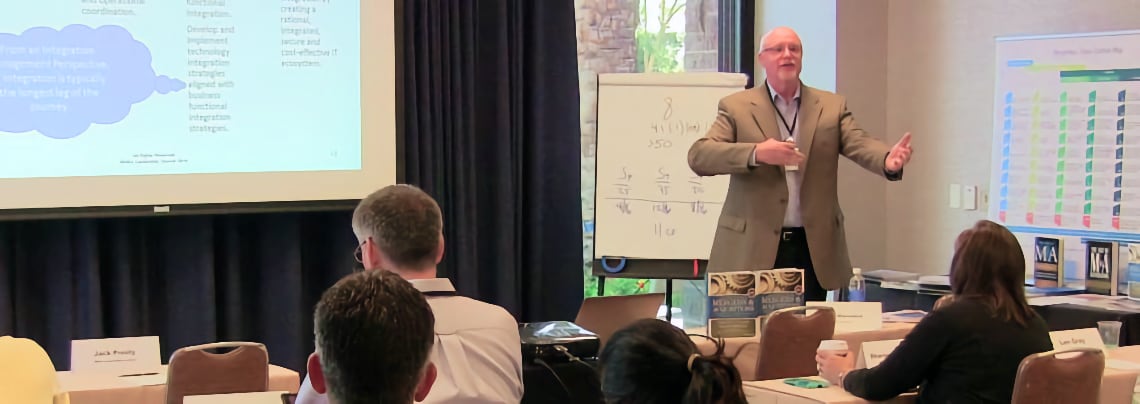A Modern Model of Competencies and Responsibilities
By Stephanie Snyder, Senior Partner at M&A Partners
That’s a question we get from a lot of organizations which are attempting to improve their M&A capabilities and develop their internal M&A resources. First, let’s talk about the differences between M&A Program Management and M&A Project Management. While both are essential to integration success, the roles and responsibilities of classic Program Managers and Project Managers are distinct.
